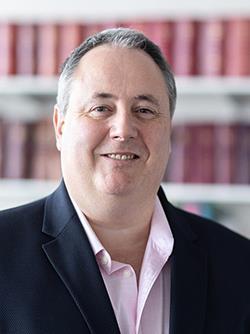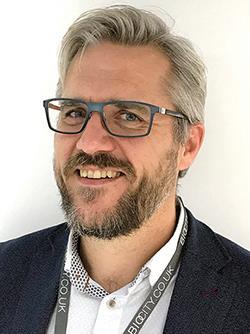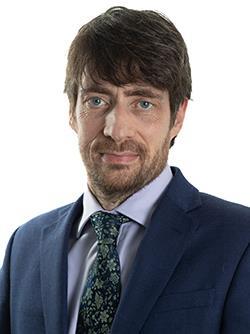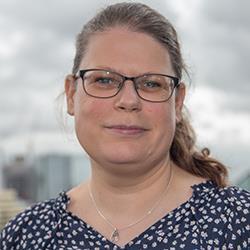in association with

On demand recording now available
At home PCR testing has highlighted the potential advantages of the NHS increasing remote collection of samples for laboratory-based tests. Benefits include greater convenience for patients – including vulnerable individuals who may not be able to safely attend a healthcare setting – and potentially reduced pressure on staff and capacity.
One area that might lend itself to greater remote collection of samples is blood testing. Many patients require such tests, for either diagnosis or monitoring of a condition, but throughput has sometimes been reduced due to staffing pressures and the need to maintain social distancing in healthcare settings. Backlogs also built up during the blood tube shortage last year.
So could the NHS make greater use of remote testing? Could this help increase the efficiency and safety of diagnostic and monitoring services? What would need to be in place for the NHS to be able to use this approach at scale?
This HSJ webinar, run in association with Medichecks, brought together a small panel of experts to discuss these issues.
A recording of the session is now available.
For those who had previously registered for the webinar, click here to view the on demand recording.
For those who have yet to register, scroll to the bottom of the page and complete the form. Details of how to access the on demand recording will then be sent to you via email.
Panellists

Weizi (Vicky) Li, associate professor of informatics and digital health, Henley Business School, University of Reading and principal investigator and network director, Future Blood Testing Network Plus
Weizi (Vicky) Li is an interdisciplinary researcher focusing on using informatics, data science, machine learning, and digital information systems to solve real-world healthcare challenges. She is principal investigator and director of Future Blood Testing Network Plus. The network, which is funded by the Engineering and Physical Sciences Research Council (EPSRC), aims to build a multi-disciplinary community to develop digital health technologies for remote, rapid, affordable and inclusive monitoring and personalised analytics.

Mike Osborn, president, Royal College of Pathologists
Michael Osborn studied medicine at Guy’s and St Thomas’ Hospitals, London, qualifying in 1995. He currently he works as a consultant histopathologist for North West London Pathology at Imperial College Healthcare Trust, London, serving as clinical lead. He was elected President of the Royal College of Pathologists in November 2020.

Sam Rodgers, chief medical officer, Medichecks
Sam Rodgers is chief medical officer at Medichecks, having joined the company in 2015. His role involves providing medical leadership and guidance to colleagues, customers and patients. Sam has held multiple lead GP or medical director roles throughout his career, and currently practises as a GP near Elephant and Castle in South London, working with a team that provides care to 19,000 patients.

David Wells, chief executive, Institute of Biomedical Science
David was appointed as chief executive of IBMS (the Institute of Biomedical Science) in June 2021. He joined from NHS England and NHS Improvement, where he led the pathology consolidation programme – tasked with delivering efficient, high quality pathology services across England.
As head of pathology at NHS England, David was responsible for leading the laboratory response to covid-19. David has been recognised as one of the most powerful advocates for pathology in the global community by The Pathologist magazine, featuring in their power list top 100 every year since 2018.
Chair

Claire Read, contributor, HSJ
Claire Read is a professional writer and editor who has specialised in healthcare throughout her 20-year career. She has been a regular contributor to HSJ since 2012 and has a particular interest in healthcare digitisation and technology.
Form
Complete the form below to register
Thank you for registering to watch this webinar on-demand. Further information will be emailed to you shortly.






















